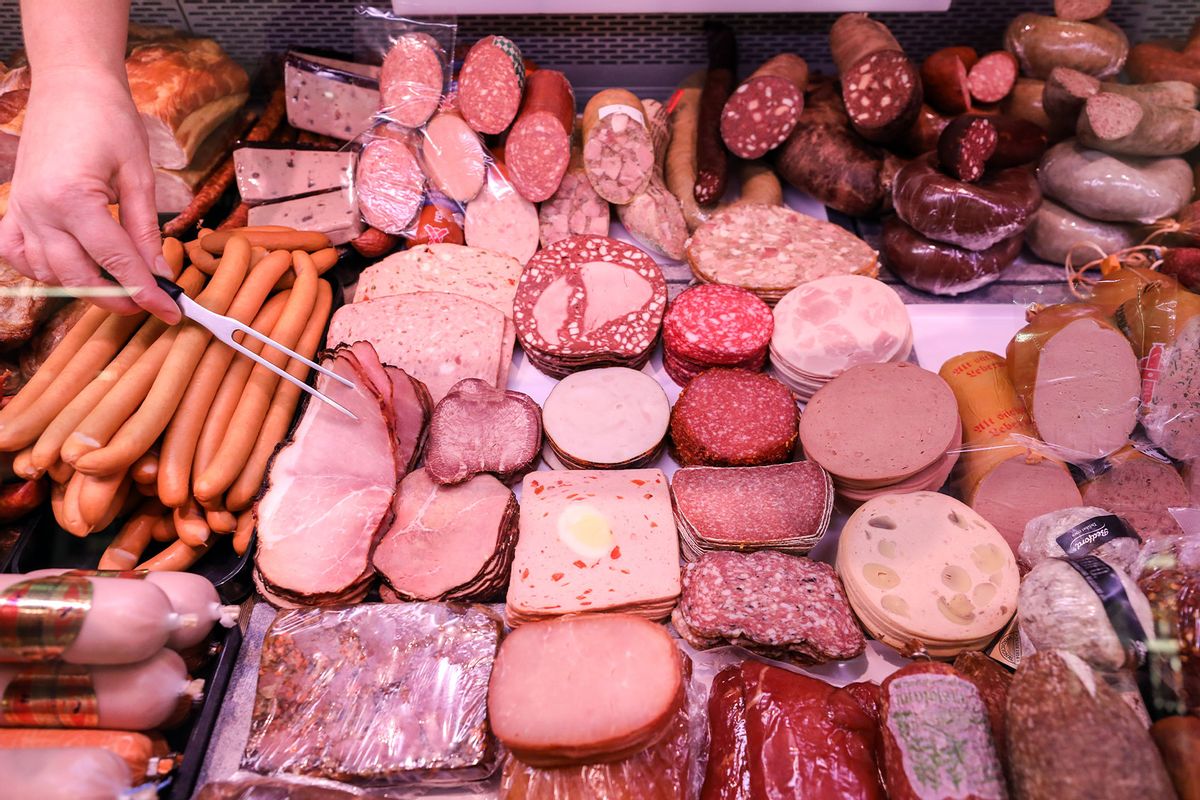Many studies have found that the consumption of processed meats is linked to a higher risk of various forms of cancer and heart disease. Now, new research has discovered that there’s also a higher risk of developing diabetes.
In a study published in The Lancet Diabetes and Endocrinology, researchers from the University of Cambridge found that regular consumption of processed meats — like lunch meat, bacon, sausages and hot dogs — along with unprocessed red meat are major risk factors for developing Type 2 diabetes.
The research team analyzed data from 31 cohorts participating in the InterConnect project. Cohorts included those from the Americas, Eastern Mediterranean, Europe, South-East Asia and Western Pacific regions. Individual participants were at least 18 years of age and “had available data on dietary consumption and incident type 2 diabetes,” the study noted. Those who were unable to participate either had a diagnosis of any type of diabetes at baseline or missing health data. The study contained a total of 1,966,444 eligible participants.
Regular consumption of 50 grams of processed meat a day — or the “equivalent to [two] slices of ham” — is associated with a 15% higher risk of developing Type 2 diabetes in the next 10 years, researchers noted. Additionally, the consumption of 100 grams of unprocessed red meat a day — or the “equivalent to a small steak” — was associated with a 10% higher risk of Type 2 diabetes.
Researchers also found that the habitual consumption of 100 grams of poultry a day was associated with an 8% higher risk. However, further analyses that tested the findings under different scenarios revealed that the link between poultry consumption and Type 2 diabetes became “weaker,” the study said. On the other hand, the associations between Type 2 diabetes and both processed meat and unprocessed meat “persisted.”
“Our research provides the most comprehensive evidence to date of an association between eating processed meat and unprocessed red meat and a higher future risk of Type 2 diabetes,” Professor Nita Forouhi of the Medical Research Council (MRC) Epidemiology Unit at the University of Cambridge, and a senior author on the paper, said in a statement. “It supports recommendations to limit the consumption of processed meat and unprocessed red meat to reduce Type 2 diabetes cases in the population.”
“While our findings provide more comprehensive evidence on the association between poultry consumption and Type 2 diabetes than was previously available, the link remains uncertain and needs to be investigated further,” she added.
Dr. Chunxiao Li, a fellow lead author also of the MRC Epidemiology Unit, explained that examining data from individual participants meant that researchers could “[harmonize] the key data collected across studies, such as the meat intake information and the development of Type 2 diabetes.”
“Using [harmonized] data also meant we could more easily account for different factors, such as lifestyle or health behaviors, that may affect the association between meat consumption and diabetes,” she said.
Want more great food writing and recipes? Subscribe to Salon Food's newsletter, The Bite.
Based on the current findings, the study concluded that “lowering the consumption of unprocessed red meat and processed meat could benefit public health by reducing the incidence of Type 2 diabetes.”
The recent study comes amid growing concerns surrounding processed foods and ultra-processed foods (UPFs) — a newfound threat to global public health, per many experts. Unlike their processed counterparts, UPFs are high in high-fructose corn syrup, hydrogenated oils, synthetic preservatives, artificial flavors, emulsifiers and other additives not found in raw, whole foods.
Calls to ban UPFs have reached a fever pitch in recent years. Carlos Monteiro, the Brazilian epidemiologist who coined the term ultra-processed food, has pushed for an even stricter regulation, urging that tobacco-style warnings be placed on such foods.



Shares